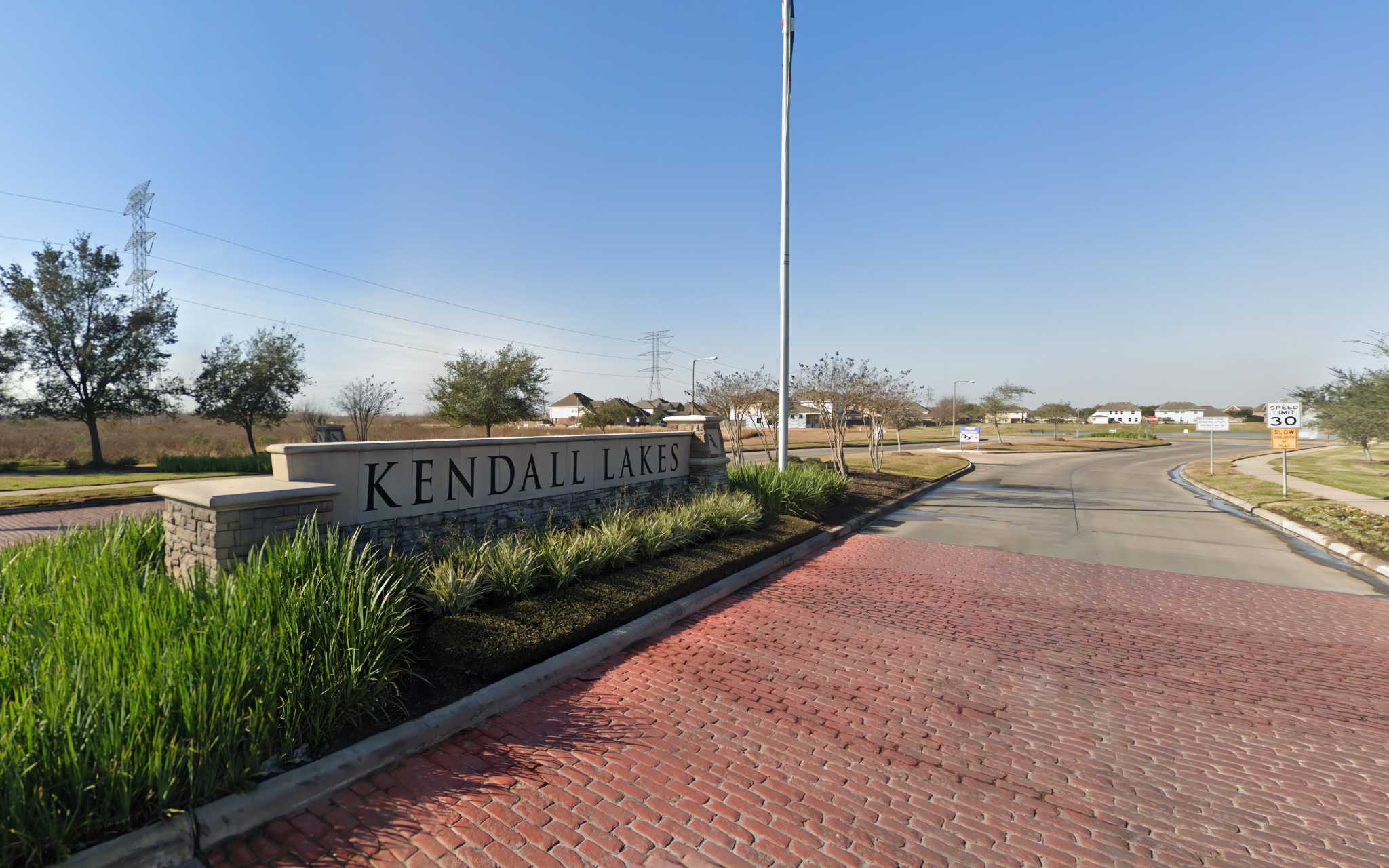MUDs, or Municipal Utility Districts, are political subdivisions of the State of Texas, overseen by the Texas Commission on Environmental Quality (TCEQ).
MUDs are formed as the primary tool for financing the construction, operation, and maintenance of water, sewer, and storm drainage infrastructure within their boundaries to allow for the development of properties. In many cases, MUDs also manage and maintain detention ponds, lakes, and other waterways, District landscaping, parks, and recreational facilities.
The main benefits of Municipal Utility Districts are the following:
- Shared Infrastructure
- Public Ownership of Utilities
- Tax-exempt financing Tool (i.e. Low-Interest Rates)
- Reduced Cost of Housing
- Reduced Barriers to Entry in Development Market
- Locally Controlled
- Growth Pays for Itself
How Does a MUD Operate?
A MUD engages professional consultants to handle the day-to-day operations: Operators, Engineers, Attorneys, Bookkeepers, Financial Advisors, Tax Collector/Assessors, and Communications.
Each consultant advises the MUD Board of Directors on all matters involved in providing services to its residents, complying with state laws and the regulations of the Texas Commission of Environmental Quality (TCEQ), and owning, operating, and maintaining the infrastructure within the District boundaries.
How Do MUDs Fund Projects?
One of the ways MUDs can fund projects is by issuing bonds from a total amount of a voter-approved bond authorization.
A bond authorization is not immediate funding, nor is it a “blank check” to fund the entire amount of the bond authorization without meeting strict regulatory requirements. While the overall bond authorization may be for a large amount, bonds may only be sold as needed to reimburse the developer for completed projects or to fund future District projects, and only once all regulatory approvals have been met.
The City of Alvin Provides Utility Service to the District
The city of Alvin provides utility services to the District. The District constructs the water, sewer, and drainage system within the District and then conveys these facilities to the city of Alvin to own and operate (other than the detention facilities, which are owned and operated by the District).
